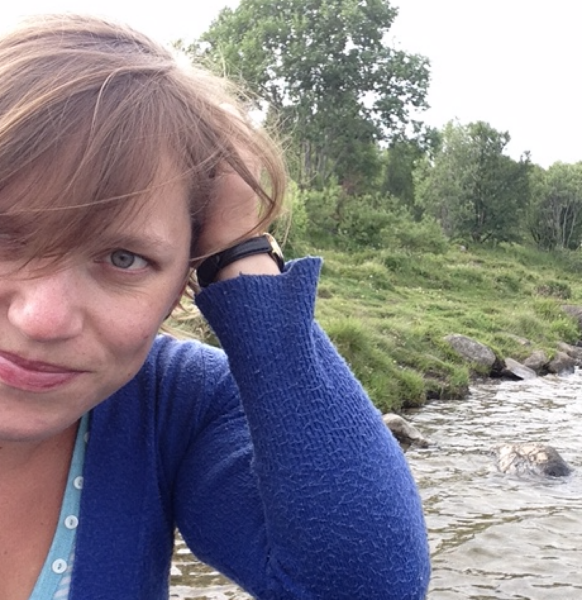
1. How did you start translating Susana Thénon’s Ova Completa? What drew you to it?
I was introduced to Thénon’s work by the poet Daniel Durand several years ago, during a humid Buenos Aires winter, when I would visit him in his studio and we would letterpress cards and he’d tell me stories about love and poetry and everything beyond and in between. He thought I would love Ova completa, and he was right. I borrowed his copy and typed out all the poems before returning to NY, something I often do when I’m caught up in someone’s work. I couldn’t believe her language, her mixing of symbols and rhetorics, her highs and lows, her darkness and hilarity. This book shook me, and I didn’t know then how important her poetry was and is and is becoming to so many. I have, of course, since found out, and it has been exciting to engage with people who are also so entangled in her work. To me the idea of translating it was both impossible and irresistible, and I started translating it for fun, almost as I would a puzzle. It might have stayed just with me, were it not for the support of all the wonderful people at UDP, particularly the tireless efforts of Silvina López Medin, who from the moment she heard I was translating it (in my early first steps, haltingly), has never stopped encouraging and championing the project and answering the (approximately) one million questions I’ve asked her along the way.
2. What are some of the main challenges you’ve encountered in translating this work?
I would say that this book is full of a whole variety of challenges, and that is a large part of what drew me to it. How she engages languages other than Spanish, for example, including English. The weight of English in an Argentine Spanish poem published in 1987 is a very specific thing, that can’t, for example, simply be addressed by using the same words in Spanish in my current English translation (though at times I did choose to do this). Even more complicated than the use of other languages, actually, was her use of a variety of registers of Spanish––from Spain Spanish to lunfardo; from colloquial everyday language to the language of a formal reference text like a dictionary to the languages of her own Spanish–Spanish translation. It’s been a wild, complicated, and fascinating ride, and I hope my English versions do Thénon’s poems a bit of justice.
What are you reading right now?
“Right now” is sort of a difficult timeframe for me in terms of reading––due to a variety of personal and professional engagements, my reading is a bit hectic. This past week or so, the books I’ve spent the most time with are Tracie Morris’s Who Do with Words; a number of small artists’ books by the Russian poet and editor Ry Nikonova; Yanko González’s Alto Volta (coming out in Stephen Rosenshein’s English translation on UDP next year); Laura Riding’s Close Chaplet; June Jordan’s essay collection, Civil Wars; Asiya Wadud’s new book, No Knowledge Is Complete Until It Passes Through My Body (out soon from Nightboat); The Saddest Thing Is That I Have Had to Use Words: A Madeline Gins Reader published recently by Siglio, and Another Freedom by Svetlana Boym.
Ova Completa is forthcoming from Ugly Duckling Presse: Click Here
This week’s Poesía en acción also includes an excerpt from Ova Completa

Rebekah Smith is a writer, editor, and translator based in New York City.
Poesía en acción is an Action Books blog feature for Latin American and Spanish poetry in translation and the translator micro-interview series. It was created by Katherine M. Hedeen and is currently curated and edited by Olivia Lott with web editing by Paul Cunningham.